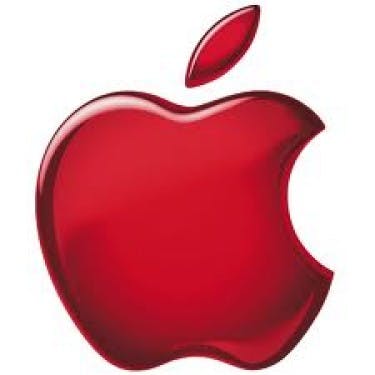There’s good reason to believe the smartphone boom in the U.S. is coming to a close. Although analysts are still good at making straight-line forecasts into the future, such as IDC’s claim that smartphone sales will grow 33% this year, we’re quickly reaching a saturation point.
Just look at what happened to the largest smartphone marker, Samsung, last month after analysts cut back their estimates of Galaxy S4 sales, as shipments came in at 74 million units, or 2 million less than forecast: its stock tumbled 13%, losing some $25 billion in value.

According to comScore, 59% of the smartphone market has been already penetrated, with 141 million people in the U.S. owning a device. Apple Inc. (NASDAQ:AAPL) and Samsung dominate the subscriber ranks, with almost two-thirds of all subscribers belonging to one or the other (Apple is well ahead with almost 40%), but Android devices lead the way, with more than half of all subscribers owning one. It says that while there’s still growth to come, it’s about to slow down, and perhaps dramatically so.
The one bit of hope is that international sales of smartphones will pick up where domestic sales falter. The market researchers at IHS Inc. (NYSE:IHS) say smartphone penetration around the globe hasn’t hit even half of what it is in the U.S., and shipments are expected to hit 1.5 billion units by 2017, growing at a compound rate of almost 16% annually.
Carriers, though, could derail that outlook as they stop subsidizing the device makers. T MOBILE US INC (NYSE:TMUS) started the ball rolling by announcing an end to the subsidy practice, while Verizon Communications Inc. (NYSE:VZ) and AT&T Inc. (NYSE:T) unveiled early upgrade programs that has consumers paying full freight (T-Mobile has its own early upgrade program, too).
With the full cost of the phone now resting with the consumer, even if it’s paid for monthly, the dominance of the premium brands is likely to come to an end. Instead, we’ll see low-cost alternatives out of China from manufacturers such as Huawei and Lenovo.
Despite analyst projections that handset sales will increase by a third in 2013, which sounds like pretty robust growth regardless, it’s below the 36% growth realized in 2012 — which itself was down from 50% growth the year before.
The smartphone industry isn’t about to keel over and die tomorrow, but investors should realize that the order of things is changing, and today’s winners won’t be the same ones we see tomorrow.
The article Is the Smartphone Boom About to Fizzle? originally appeared on Fool.com.
Fool contributor Rich Duprey has no position in any stocks mentioned. The Motley Fool recommends and owns shares of Apple.
Copyright © 1995 – 2013 The Motley Fool, LLC. All rights reserved. The Motley Fool has a disclosure policy.





